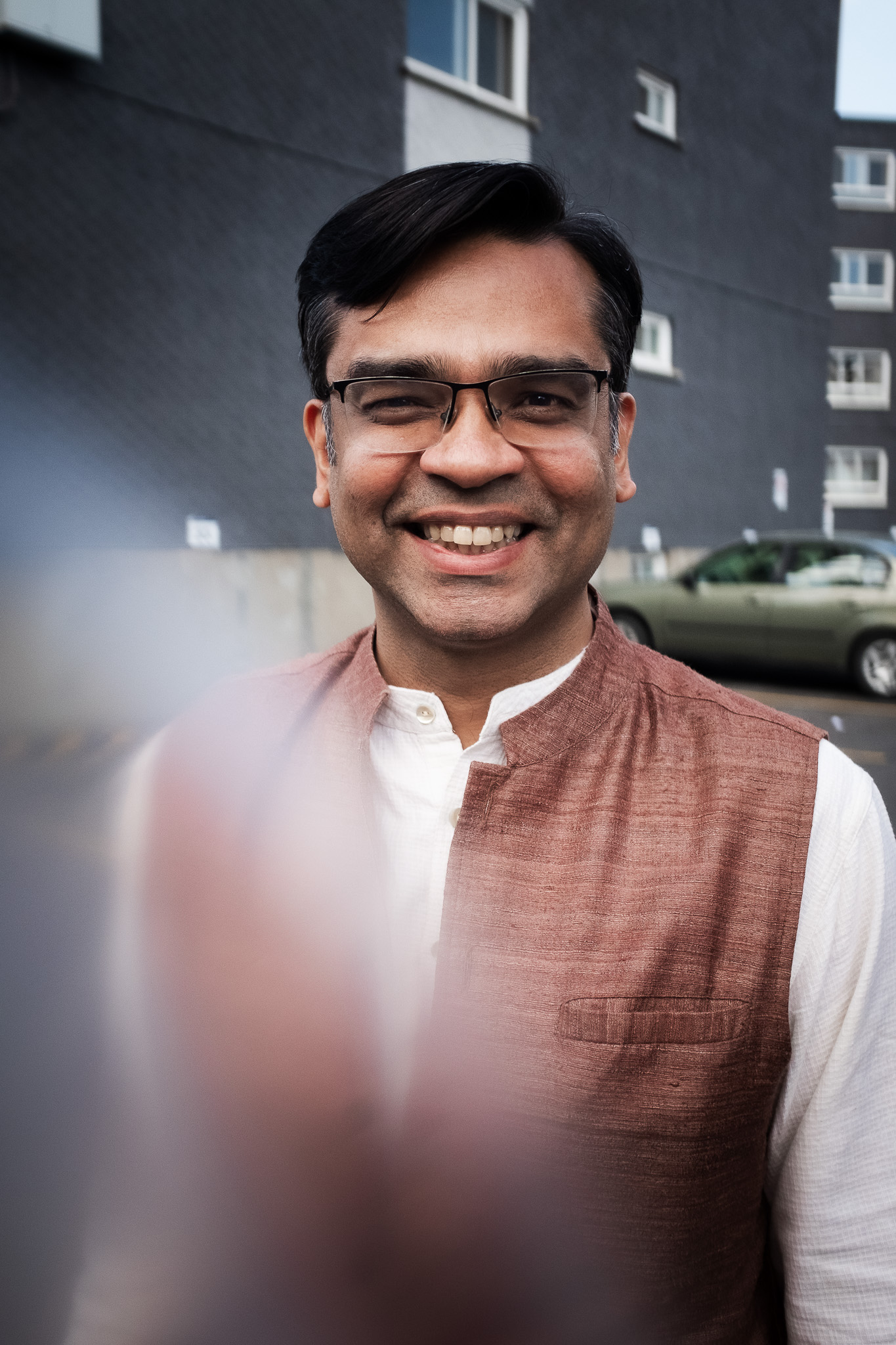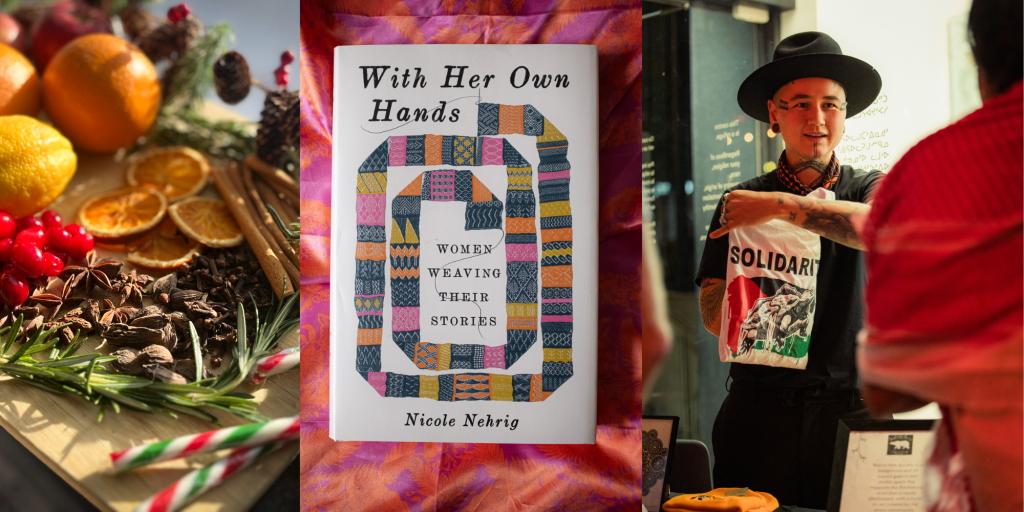Interview with Amitabh Behar, Executive Director of Oxfam International
Amitabh Behar is Oxfam International’s Interim Executive Director. With more than 27 years of experience as a civil society leader, Amitabh is widely recognized for his advocacy work on social and economic equality. While visiting Oxfam Canada in Ottawa, Amitabh shares his insights on today’s pressing issues —from inequalities in Canada to the ongoing impacts of colonialism.
Tell me a little bit about yourself. What pushed you to get involved in work?
It was a process. I grew up in Central India, and I read a lot of progressive literature and watched progressive cinema. In university I got involved in students' politics. I continue with the belief that everything is political. To change the world, you need to take political action—you cannot be a bystander. For me, neutrality was never an option.
In Canada, we're sometimes guilty of looking at everything with rose-coloured glasses – as if we don't have our own inequality issues. What do you say to those who may not feel the urge to get involved when it comes to domestic issues?
After about 16-18 hours of travel, I arrived in Canada just yesterday. Just this morning, I’ve taken two car rides to meetings and I must have counted 50 to 100 homeless people in the downtown core of Ottawa, right by Parliament Hill.
If this is what I saw within 5 hours of being in the city, to say there are no major inequality issues in Canada is problematic. But it’s the gaze we have, we’ll often gloss over injustice. Injustice happens everywhere around us. I would love to believe a utopia where we believe this isn’t happening in Canada, but it’s simply not true.
So again, neutrality is not an option. When you bear witness of gender-based violence, what do you do? When you see inequalities, what do you do? When we call for a ceasefire in Gaza, what do you do? These are matters that we cannot afford to look away from and must engage with.
One reason that Canadians have started to engage with these inequality issues, is the rising cost of living. How would a wealth tax benefit the average Canadian?
I think it’s critical for people to understand that when we are saying Tax the Rich, we’re talking about taxing the ultra-rich; the top 1%. A wealth tax would give serious revenues to government, which can then be invested in public services like daycare, public health, public education, social security. This would change the lives of the 99%.
And let’s face it, in many cases, this wealth tax would be quite insignificant in the grand scheme of things for these ultra-billionaires. You have five private jets? Well, maybe now you’ll have four.
It’s important to understand that these economic inequalities are happening because we have an unjust economic system. For example, we are talking about the same ultra-rich who are not willing to pay a living wage to their workers. This, is why they are making record-breaking profits – we recently reported how rich shareholders’ payouts jumped by 45% between 2020 and 2023, while workers’ wages rose by just 3%.
Why can't it be distributed amongst the entire supply chain? There are workers who are adding value to brands. There are people inside your factory - nothing goes to them. It's a rigged economic system.

What links can we make between these rigged economic systems and colonialism?
It’s important to understand that only the overt part of colonialism is over. Colonialism, in other ways, continues. If you look at our global economic systems, we’re still talking in terms of the North and the South. The global South is still a colony of the global North. Look at the largest corporations in the world. Let's not fool ourselves by saying colonialism is history. Its form has changed and its exploitation continues.
Consider people in India and Bangladesh where millions work in the informal sector – people who do not have contracts, social security, minimum wages and so on. This is an exploitative system that we have created.
Ultimately, we are looking at systems where power and resources get concentrated in just a few hands. Then, we create designs that ensure the continued concentration of wealth and power in these few hands. That's what we do - the whole economic system is designed to benefit a small number of people.
In Canada, think of the exploitation of Indigenous peoples, or the slave trade. These are stories that are all around us. Someone told me something that stuck with me : the way we look at slave trade today, we will one day look at inequality. How can we accept having 900 million people in the world that go to sleep hungry? How can one be at peace with this? Meanwhile, we see unthinkable affluence, people like Elon Musk going to vacation in space.
Literally, all we’re asking is for food and clean water.
Exactly! It’s wild.
Is there room for optimism? Or is that a taboo word?
It’s normal to have days when we wake up thinking, is change really possible? But most days, I wake up feeling the energy to work towards this dream we share across the world.
What really inspires me is the resilience of the common people. I lived in India for long, long time. I would meet people living with only $2 a day, supporting a family of five people and yet, they'd still have time for a smile, and to keep working for a better life. It’s inspirational. I don’t see an option for any of us to opt out of the fight. It’s just not an option.

